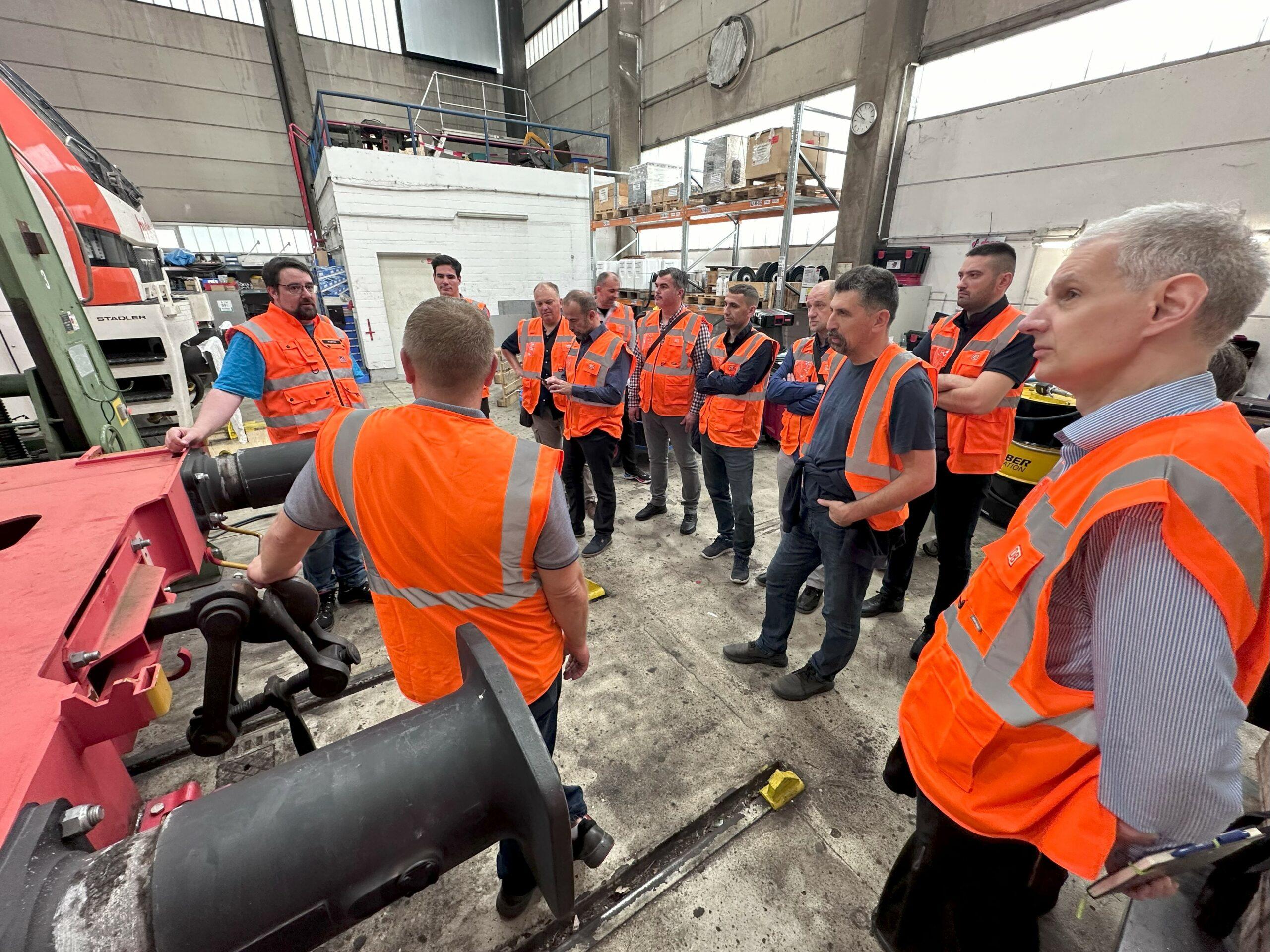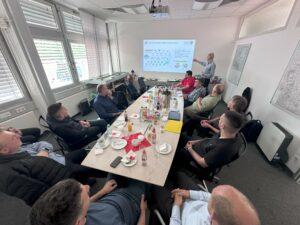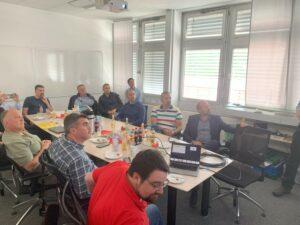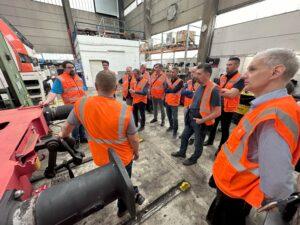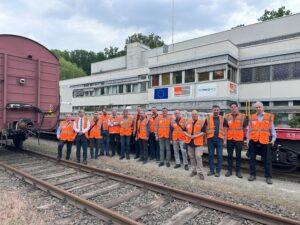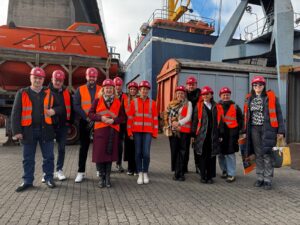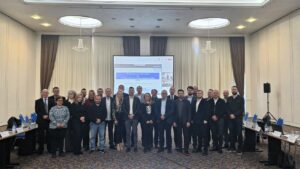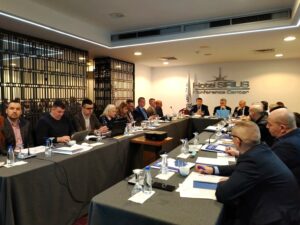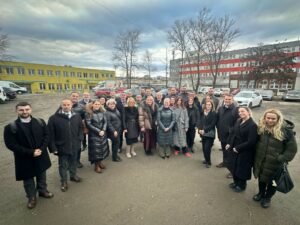SPANDAU – A recent two-day training event, co-organised between the Transport Community Permanent Secretariat and DB Cargo, as part of the European consortium DAC4EU, provided valuable insights into the Digital Automatic Coupling (DAC) project. Held on 21 and 22 May, the event offered participants a comprehensive overview of the DAC project’s progress, challenges, and prospects.
The training kicked off with presentations by representatives from DB AG, DB Cargo, and DB Systemtechnik. The presentations explored the history and core philosophy of the DAC project, emphasising its potential benefits for the rail transport sector. Participants, the representatives of the Western Balkan railway undertakings, gained a deep understanding of how DAC technology could revolutionise freight transport by enhancing efficiency and safety.
The training’s second day featured a practical workshop hosted by DB, offering a unique opportunity for hands-on experience. Representatives from the Western Balkans region witnessed the DAC project in action, observing the installation of new devices on freight cars and the coupling and uncoupling processes at the station tracks. This hands-on demonstration highlighted the nearing completion of the mechanical aspects of the devices for commercial use, while ongoing development efforts focus on energy and data exchange.
This nurtured collaboration and knowledge exchange, fostering a deeper understanding of the DAC project’s implications for the future of rail transport. The successful training session underscored the importance of continued development and cooperation to fully realise the potential of the technology.
The Transport Community Permanent Secretariat extend its gratitude to DB AG and all participants for their contributions to this insightful and enriching training experience.

